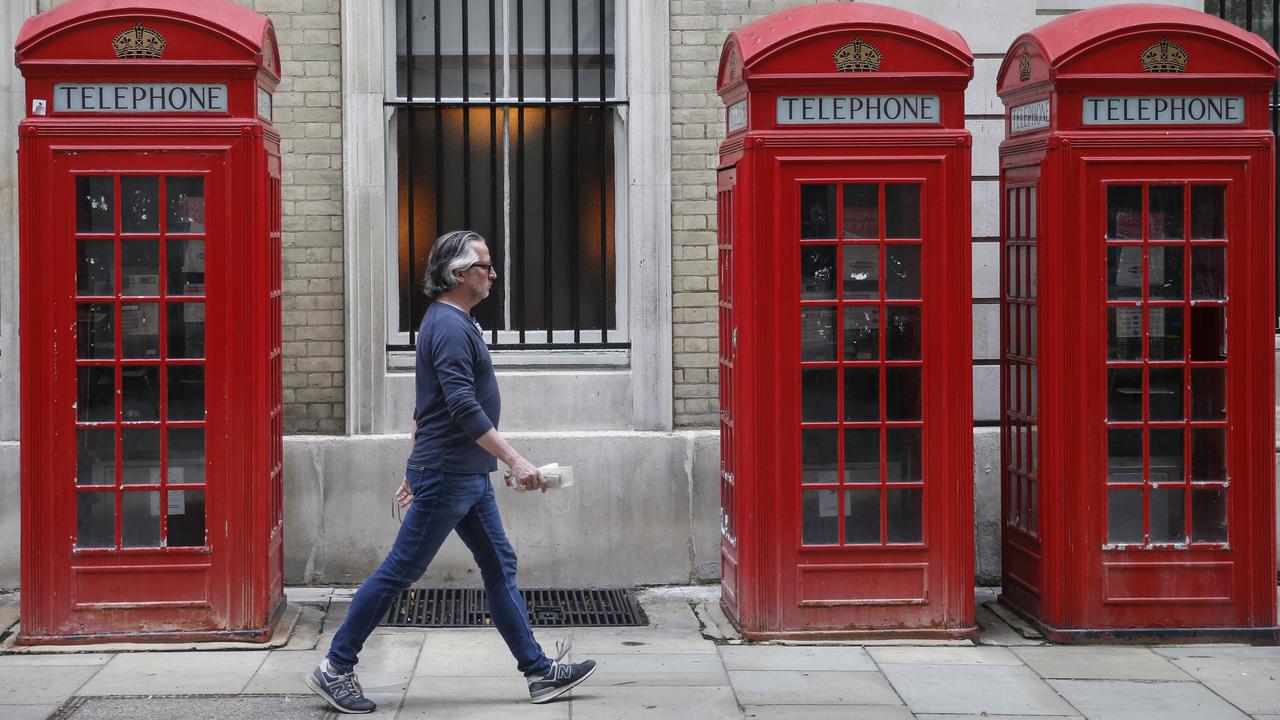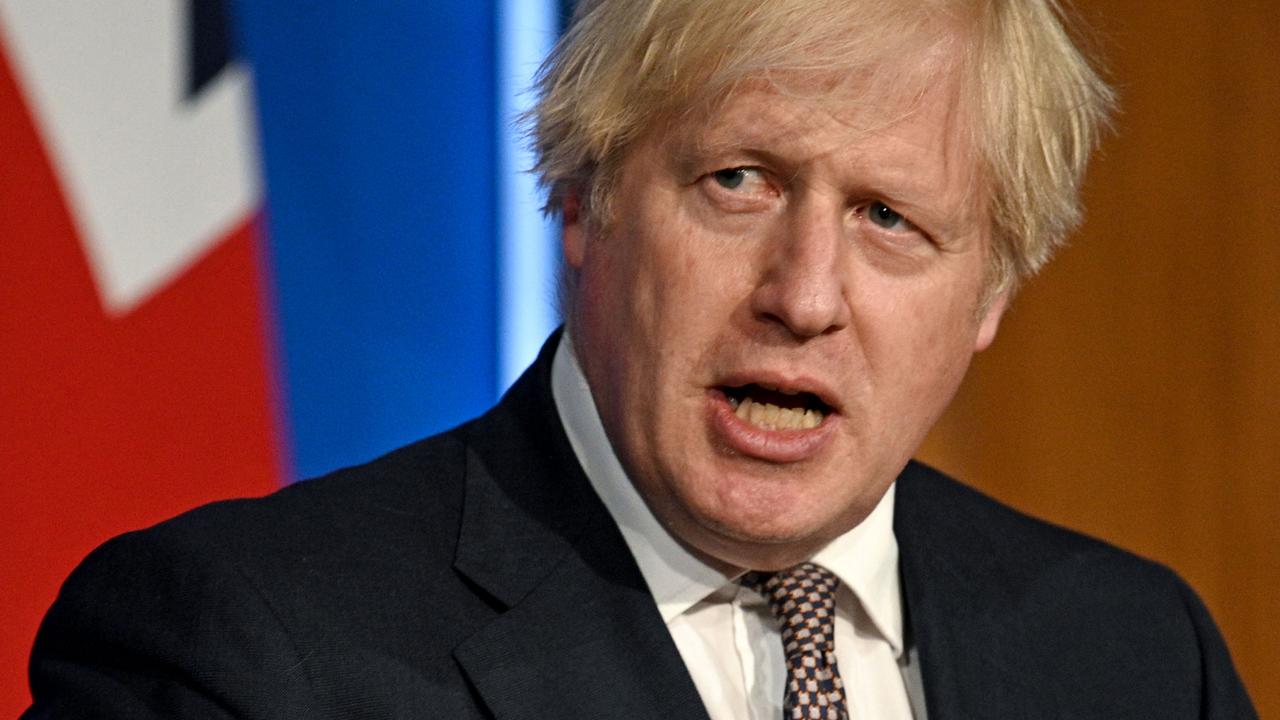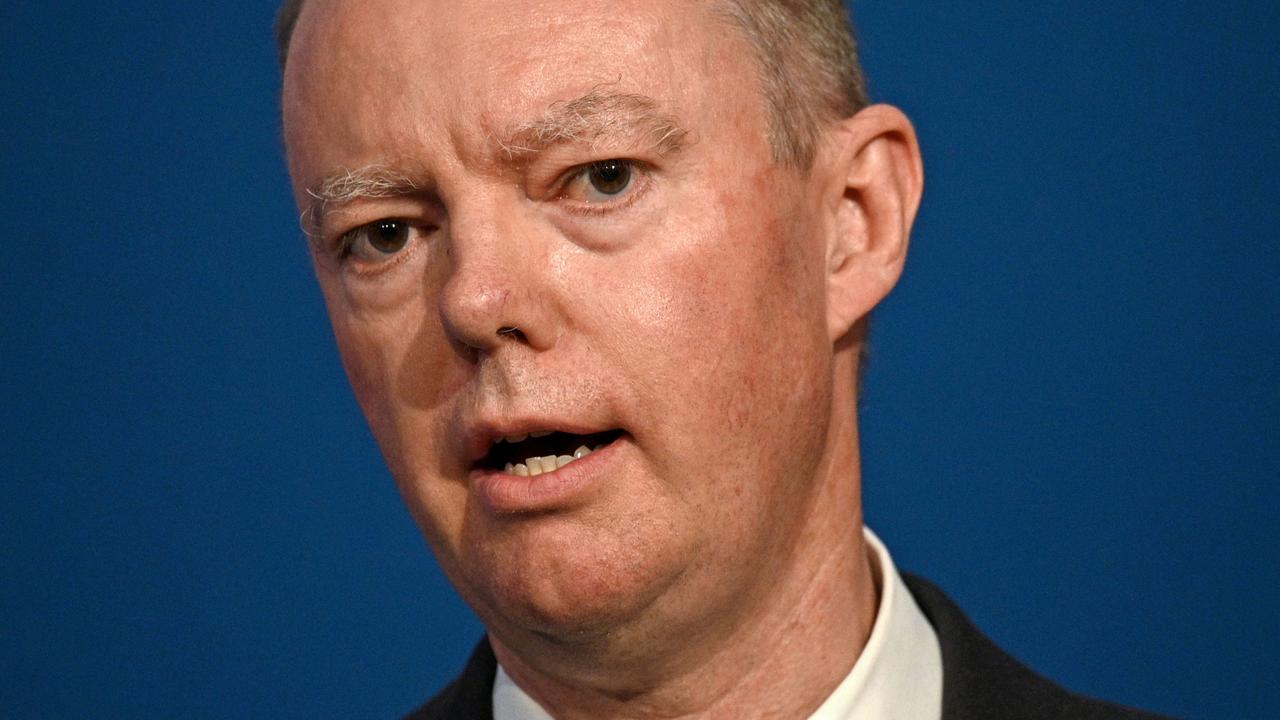‘Reckless’: Country’s extreme gamble with Covid-19
Cases are soaring, deaths are on the rise and yet in just days, one of the world’s most prosperous nations will effectively declare the pandemic over.

There’s been a lot of talk in the last few weeks about different nations’ Covid-19 exit plans.
Singapore intends to no longer report case numbers once vaccinations reach a certain level, and Abu Dhabi will ban the unvaxxed from shopping centres. Even Australia, finally, has a basic outline of the way forward.
But the UK’s plan to live with covid – due to kick into force in less than a fortnight – could be the most extreme yet.
With only half the population fully vaccinated and with the Delta variant causing cases to skyrocket, England plans to get rid of almost all pandemic precautions on July 19.
Essentially, the UK will hope for the best.
Prime Minister Boris Johnson has said there could be as many as 50,000 new cases per day before the restrictions even end.
Nonetheless, it was “now or never”, he said.
England’s top health adviser has warned deaths are inevitable, but delaying the ending of restrictions could actually make the situation worse.
One critical newspaper editorial has said Britain’s policy is now to “let covid rip” which was “morally indefensible”.
It’s been dubbed the “all or nothing at all” or “big bang” approach. It’s certainly Boris Johnson’s big gamble.

Britain to scrap covid restrictions in less than two weeks
The UK is in the top 10 countries when it comes to vaccinations with 50 per cent of all people having had both doses.
Even so, it’s currently witnessing a big surge in cases. The country has gone from 2000 infections a day in late May to 27,000 on Monday.
Covid deaths are also on the rise but remain mercifully low at around 18 a day. In comparison, last December, on the same day as 27,000 new cases were recorded, almost 500 people perished.
The combination of vaccines and the possibility that the Delta variant may be a touch less deadly has kept deaths far lower.
That vaccination bulwark is only half built.
But speaking on Monday, Mr Johnson said the country could wait no longer and would take the radical next step to be the most restriction-free European nation.
“We must be honest with ourselves that if we can’t reopen our society in the next few weeks, when we will be helped by the arrival of summer and by the school holidays, we must ask ourselves: when will we be able to return to normal?”
From July 19 in England, social distancing won’t be enforced, masks will in most settings be entirely voluntary and nightclubs will reopen.
The only restrictions that will remain will be the need to isolate after contracting Covid-19 and limits on some international travel.
Scotland, Wales and Northern Ireland look after their own health measures and may not do away with all restrictions at the same time.
Mr Johnson said every adult in Britain would be offered a second jab by around mid-September. More than two-thirds of Britons have already had at least one dose of the AstraZeneca, Pfizer or Moderna vaccines.
RELATED: Singapore’s radical plan to live with covid could work in Australia

Winding back in winter would be worse
Some have said the country should defer loosening restrictions until more people are fully vaccinated and so protected.
But modelling by London’s Imperial College found doing so could be unintentionally disastrous because that would likely see a rise in cases in the northern hemisphere winter in the middle of flu season.
That nightmare scenario would see hospital resources stretched and could ultimately lead to more deaths.
“At a certain point, you move to the situation where instead of actually averting hospitalisations and deaths, you move over to just delaying them,” said England’s chief medical officer Professor Chris Whitty.

“There is quite a strong view by many people, including myself actually, that going in the summer has some advantages to opening up into the autumn when schools are going back and when we’re heading into the winter period when the National Health Service tends to be under greatest pressure for many other reasons.”
The hope is that coronavirus cases will peak in summer before falling towards winter.
However, Prof Whitty said the July 19 date for ending restrictions was a gamble.
“Inevitably, with all models you have to say there is some degree of uncertainty,” he said.
PM Johnson told reporters that now was “not the time to get demob happy”. He said he would continue to wear a mask in crowded places.

‘Let it rip’
But Jude Diggins from the Royal College of Nursing union slammed the government’s plans.
“This disease does not disappear on 19 July. The government will regret the day it sent the wrong signal for political expediency.”
Opposition leader Sir Keir Starmer said lifting restrictions in one go while cases continued to rise was “reckless”.
And in a scathing editorial, the Irish Times laid into Mr Johnson over the new policy. Ireland shares a porous land border with the UK’s Northern Ireland region. There are concerns whatever changes Britain brings in will ricochet south of the frontier.
“In effect, it is now British government policy to let Covid-19 rip through the population. It is a morally indefensible position that will cost Britain – and its neighbours – dearly,” it reads.

In a sign that much of the rest of Europe is edging in Britain’s direction though, Germany has said double jabbed Brits will be able to visit quarantine free from this week.
However, Mr Johnson did sound a note of caution. While Britain was set to embark on a gamble with covid, if the bet failed, restrictions could come back.
“If we do find another variant that doesn’t respond to the vaccines, if, heaven forbid, some really awful new bugs should appear, then clearly we will have to take whatever steps we need to do to protect the public.”
The world be watching keenly as Britain rolls the dice with Covid-19.




